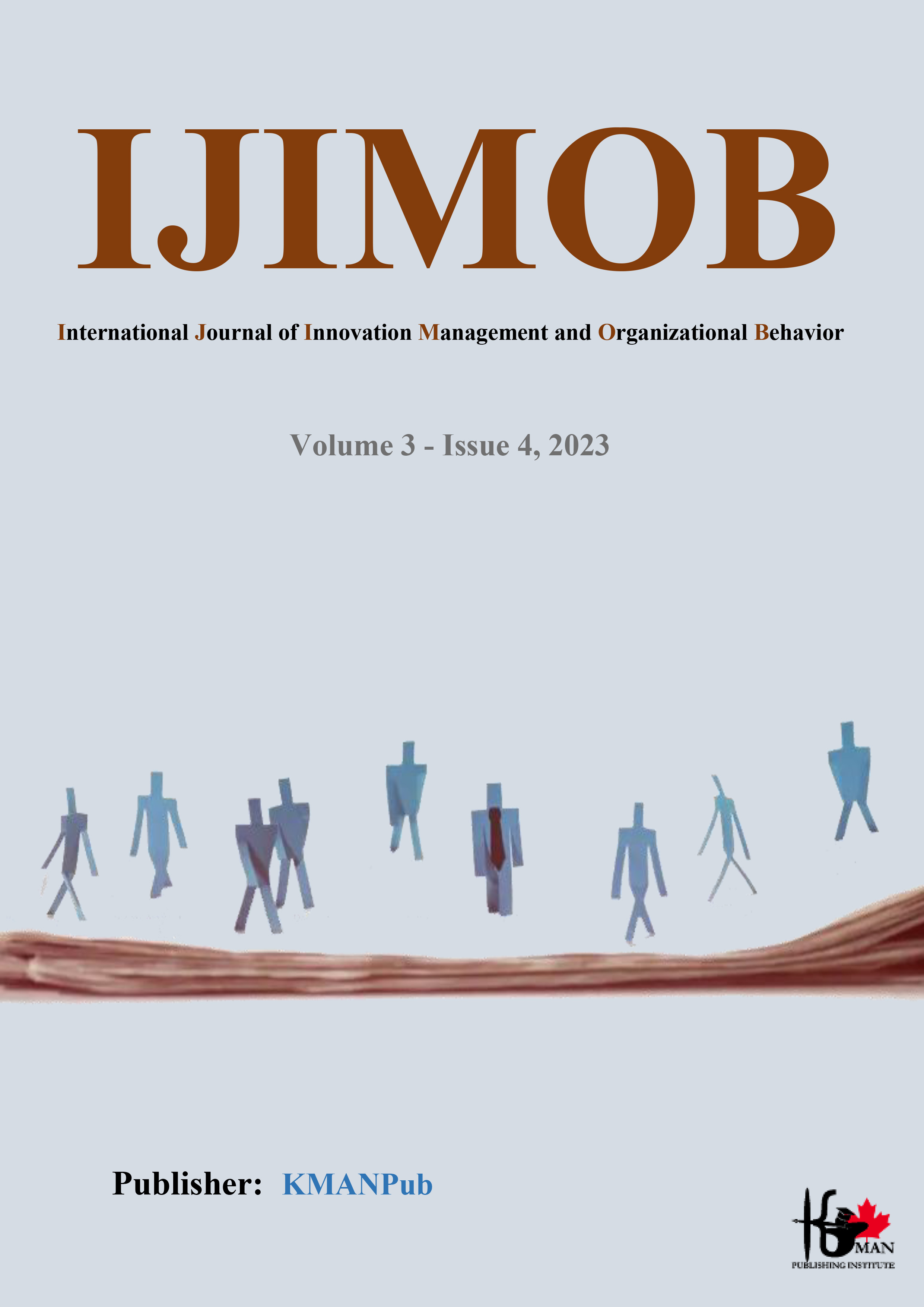Indicators and Components for Developing a Model of Anti-Corruption Policy in Iran (With an Electronic Government Approach)
Abstract
Objective: The model development phase is one of the most crucial stages in the policy-making process. This research aimed to identify the indicators and components for developing a model of anti-corruption policy in Iran, focusing on the implementation of electronic government.
Method: This study was qualitative and applied in nature. It utilized the viewpoints of 20 experts related to the topic (from the academic community in the field of policy-making, who held Master's and Doctoral degrees and had sufficient experience and knowledge and were considered authoritative). To determine the sample size, purposive sampling and theoretical saturation rule were used. The research tool was semi-structured interviews, the validity of which was verified through face validity and reliability through the agreement coefficient among coders. Thematic analysis was used for analyzing the findings.
Findings: The findings revealed the existence of five basic themes (development of electronic and knowledge-based administrative systems; leveraging information technology and advanced administrative automation in the administrative system; consolidation of results and information from supervisory organizations and centers in an independent organization; the presence of appropriate collaboration and information exchange between organizations and supervisory centers; and enhancing transparency, speed, accuracy, and completeness of organizational information bases), two organizing themes (information and communication technology and integration of information systems), and an overarching theme (electronic government) for developing an anti-corruption policy model.
Conclusion: It can be concluded that combating administrative corruption is a complex issue that can be improved in terms of the quantity and quality of transparency and accountability of administrative duties through the development of electronic government.
Downloads
Downloads
Additional Files
Published
Issue
Section
License
Copyright (c) 2023 Mohammad Moeinifar (Author); Hasan Givarian (Corresponding Author); Mohammad Reza Rabiei Mondajin, Mandan Momeni (Author)

This work is licensed under a Creative Commons Attribution-NonCommercial 4.0 International License.
















